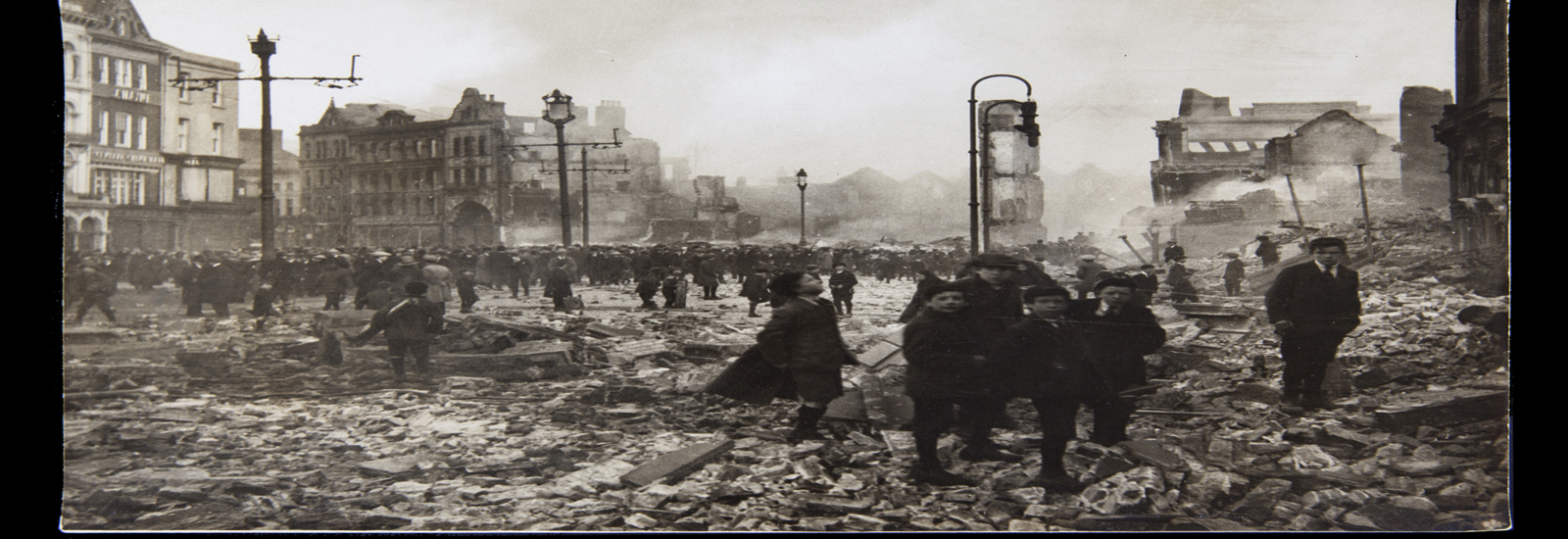
Magdalen O'Hegarty
Magdalen O'Hegarty moved to Cork City as a young woman and was heavily involved in the pre-1916 separatist movement in Cork. There’s a letter from Tom Clarke to her in the National Museum.
In 1914, she and Mary MacSwiney co-founded Cumann na mBan in Cork city; she was one of the top leaders in the city. In 1917, while briefly living in Ballingeary she was jailed for collecting for a republican fund without a permit. She refused to pay the fine and served 7 days at Cork Women’s Prison. She briefly went on hunger strike before her release.
She was president of the Craobh Poblachtach Branch of Cumann na mBan, the largest in the city (126 members), during both the War of Independence and Civil War. She was married to Sean O’Hegarty, OC of the Cork No. 1 Brigade during the War of Independence (he went neutral in the Civil War). In 1921, she served on the Cork Corporation.
After the Revolution, she remained active in the Cork Women’s Industrial Development Association. She lived on Rocklawn Terrace, Douglas Road, for the last 20 years of her life. She died in 1940 and was given an Old IRA and Cumann na mBan colour guard at her funeral.
Cork City Council's housing development Magdalen O'Hegarty Mews, Skehard Road was opened by Lord Mayor Cllr. Colm Kelleher on 21st June 2022.
Leslie de Barra
Leslie de Barra was a distinguished member of Cumann na mBan – one of its most important national leaders. She was a Dubliner and fought in the Easter Rising, serving as one of Pearse’s main couriers inside the GPO. She came to Cork as Cumann na mBan’s national director of organisation in 1921, and there she met her husband, Tom Barry.
Her obituary in the Irish Press (11 April 1984) stated “ She was active in the Women’s Industrial Development Association and the Irish Hospital Sweepstakes. But her big roles were as Chairwoman of the Irish Red Cross from 1950 to 1953; and as a co-founder and national president the NGO Gorta for five years (resigned in 1968). She represented Ireland at numerous international conferences. The NUI gave her an honorary degree and she received a number of international honours." So she can be remembered for both her national and humanitarian work. She is buried at St. Finbarr's Cemetery, Glasheen.


















